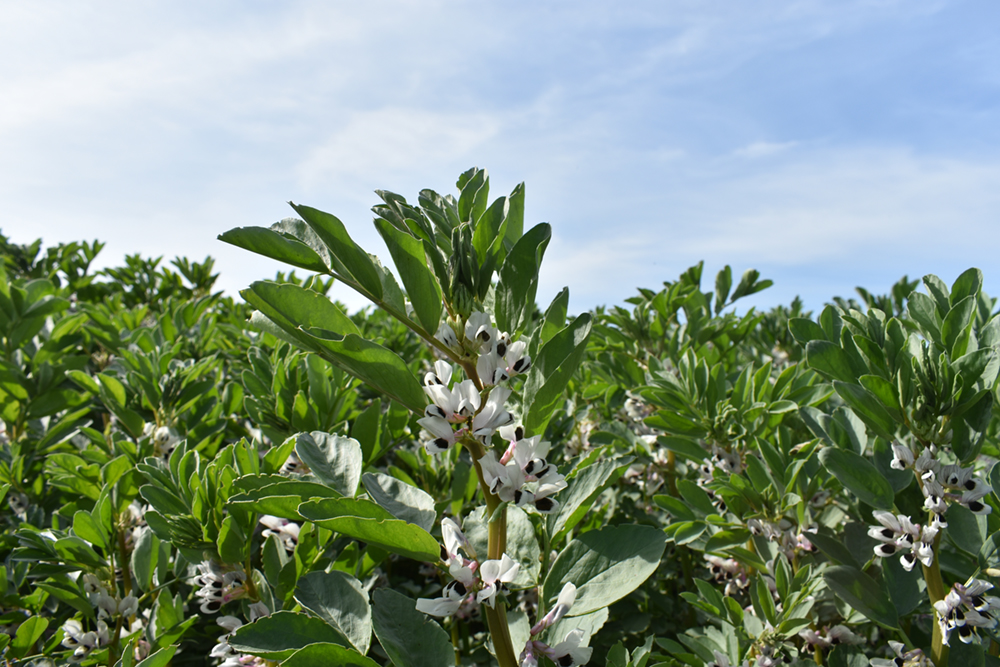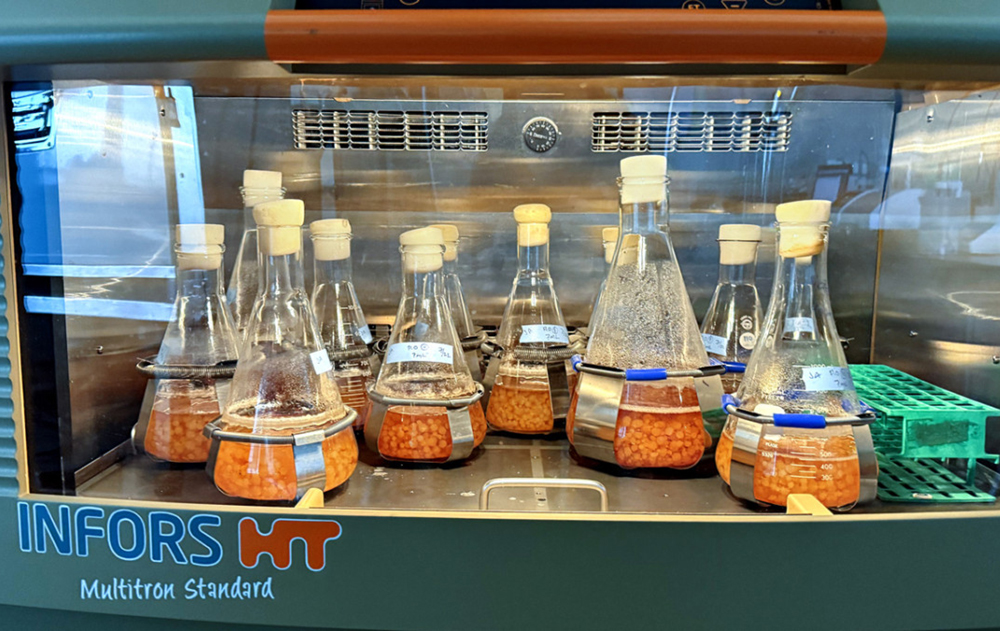

Spain’s escalating climate toll put the spotlight on Europe’s missing piece: protein diversification
Europe’s leaders arrived at COP30 in Belém facing an uncomfortable forecast: UN Secretary General António Guterres warned that the world was no longer on track to keep global heating below the Paris Agreement’s 1.5°C target. For Spain, the message came with added urgency. President Pedro Sánchez (main picture) used the summit to underline how climate impacts were already hitting European citizens, noting that extreme weather had claimed 20,000 Spanish lives over the past five years.
What went largely unaddressed, however, was a major component of Spain’s response – and a crucial omission from most global climate discussions. Research from Oxford University has shown that the world cannot meet its Paris goals without shifting away from conventional animal agriculture, a system responsible for 20% of global greenhouse gas emissions. The sector emits the same volume as every plane, truck, car, train, and ship combined.
Europe remains a heavy consumer. Meat intake has stabilised at a high level, with Europeans eating close to twice the global per-capita average. At the same time, global demand is projected to rise at least 52% by 2050. Without meaningful change in how protein is produced, the continent faces an unavoidable clash between climate ambitions and dietary trends.
At COP30, the Good Food Institute (GFI) sought to draw attention to this gap, arguing that plant-based foods, cultivated meat, and fermentation-made ingredients offer a route to more sustainable diets. During an address to the Asia Climate Solutions Pavilion, GFI president and founder Bruce Friedrich said, “A shift in trajectory is urgently needed. Not by begging consumers to stop eating meat, but by upgrading the way meat is made.”
Advocates highlighted the potential scale of the impact. If 8% of the global protein market were alternative proteins by 2030, global emissions could fall by 0.85 gigatonnes of CO2e – comparable to decarbonising 95% of the aviation sector. Existing plant-based meat products already generate 86–94% fewer emissions than conventional meat, while peer-reviewed research suggests cultivated meat could reduce the climate impact of meat by up to 92%.

Spain’s recent experiences make the case more starkly. After deadly flooding in 2024, the country again faced severe rain in spring 2025, overwhelming drainage systems, sweeping away vehicles, and adding to the mounting economic burden of climate-related disasters. A University of Mannheim study estimated that extreme weather would cost Europe €12.2 billion (US$13.2 billion) by the end of 2025, rising to €34.8 billion (US$37.7 billion) just four years later.
By early summer, Spain’s first major heatwave had already broken historic records. Heat-related deaths increased by 1,300% compared with 2024, according to the national mortality monitoring system. The UN Convention to Combat Desertification identified Spain as one of Europe’s most vulnerable countries for drought and extreme heat.
Despite rainy periods, wildfires remained unrelenting. Spain accounted for more than 66% of the land burned across the EU in 2025, with 382,000 hectares lost – an 800% rise from the previous year. The European Commission’s earlier estimate of €71.6 billion (US$77.4 billion) in wildfire-related economic losses does not account for the record fires of 2023 and 2025. Across the bloc, extreme weather is thought to cost farmers roughly €28 billion (US$30.3 billion) annually.
In response, the Spanish government proposed a National Pact on the Climate Emergency, aiming to boost resilience and prepare for future shocks. GFI Europe contributed to the public consultation, urging policymakers to recognise the role alternative proteins could play in meeting national climate goals. The organisation argued that Spain could become southern Europe’s leader in this sector, helping to safeguard resources, build resilience, and unlock sustainable economic growth.
Yet alternative proteins were notably absent from the country’s climate plans, despite being recognised as a key agrifood trend in Spain’s recent National Food Strategy. The oversight reflected a broader global gap. Investment in alternative proteins continues to lag far behind other climate technologies such as electric vehicles, and the sector featured only lightly in COP30’s official programs.
GFI APAC CEO Mirte Gosker underlined this imbalance when addressing climate leaders from Brazil, Singapore, China, and the United States. She noted that although food and agriculture account for one-third of global emissions, they receive less than 5% of climate financing.
Supporters of protein diversification argue that the benefits extend far beyond emissions cuts. Because alternative proteins can require up to 90% less land than beef, widespread adoption could ease pressure on ecosystems and help stem deforestation. They offer a pathway to enhanced food security by producing equivalent protein with fewer inputs, reducing strain on water systems and making supply chains more resilient. With sufficient public investment, research suggests the sector could add more than €900 billion (US$976 billion) to the global economy and create 10 million jobs by 2050. Lower saturated fat levels and an absence of antibiotics could also contribute to improved public health.
Realising these gains will require a significant shift in policy. Analysts argue that European governments must invest in research, support farmers in growing raw materials for alternative proteins, and help companies scale production to make sustainable options accessible.
For Spain – and Europe more broadly – plant-based, cultivated, and fermentation-made proteins represent a tool already within reach. As climate impacts intensify, the case for integrating protein diversification into national climate strategies is becoming harder to ignore.
If you have any questions or would like to get in touch with us, please email info@futureofproteinproduction.com

.png)






